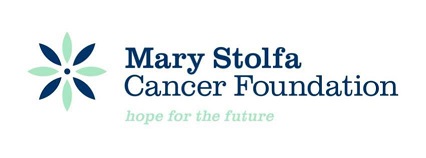 |

|
|
|
Blood Clotting Problems Anticancer drugs can affect the bone marrow's ability to make platelets, the blood cells that help stop bleeding by making your blood clot. If your blood does not have enough platelets, you may bleed or bruise more easily than usual, even without an injury. Call your doctor if you have any of these symptoms:
Your doctor will check your platelet count often while you are having chemotherapy. If your platelet count falls too low, the doctor may give you a platelet transfusion to build up the count. There are also medicines called colony stimulating factors that help increase your platelets. The information on this web site is provided for general information only. It is not intended as medical advice, and should not be relied upon as a substitute for consultations with qualified health professionals who are familiar with your individual medical needs. The MSCF disclaims all obligations and liabilities for damages arising from the use or attempted use of the information, including but not limited to direct, indirect, special, and consequential damages, attorneys' and experts' fees and court costs. Any use of the information will be at the risk of the user. | Chemotherapy Side Effects | Tumor Markers-Grades/Prognosis | Cancer Clusters | Emotional Disorders | End of Life Issues | Loss, Grief, and Bereavement | Living with Cancer | Radiation Therapy | Support Groups | | Return Home | Fundraisers | Donations | Wall of Honor | Stories of Hope | Information on Specific Cancers (A-M) | Cancer Issues | Contact Us | Site Index | |
||
